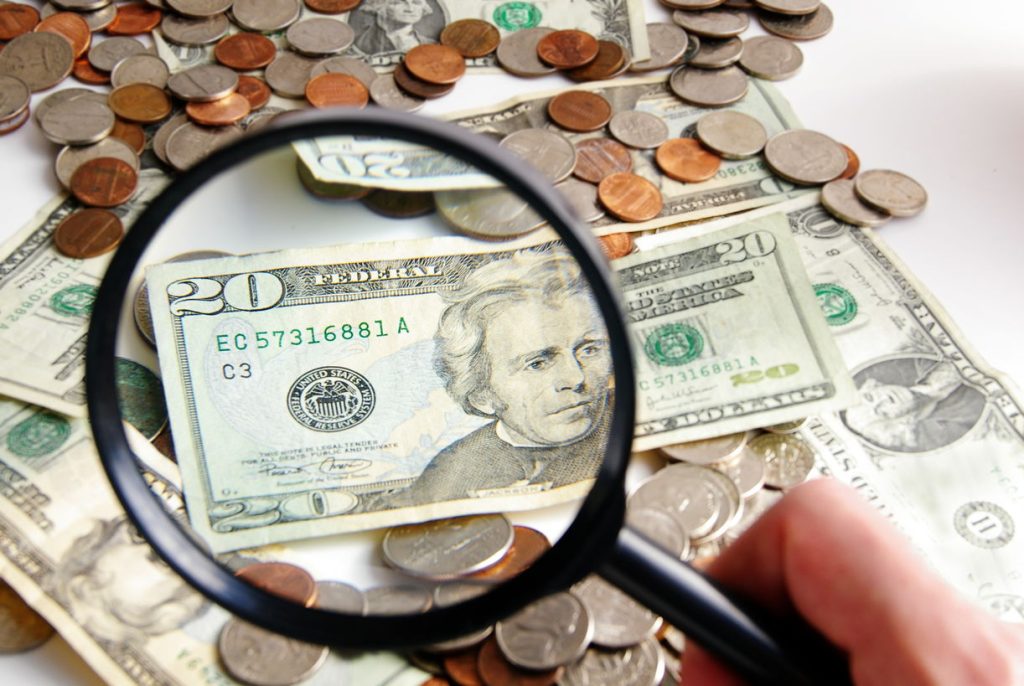
Have you ever had that nagging feeling that you might have money tucked away somewhere, lost to memory? If you’ve spent hours on hold with your bank, feeling a mix of frustration and desperation, you’re not alone. But before you crack open your piggy bank or book an impulsive vacation, consider this: today could be the day your luck turns around.
According to the National Association of Unclaimed Property Administrators (NAUPA), an astonishing one in ten people nationwide has forgotten money just waiting to be claimed. The U.S. federal government currently holds billions of dollars in unclaimed funds and property. You could very well be one of the fortunate individuals with unclaimed wealth you’re not even aware of.
Before you let your imagination run wild with dreams of spending, it’s important to understand what unclaimed money is and where it comes from. This article aims to demystify unclaimed money and its various forms.
Decoding Unclaimed Money
If the term “unclaimed money” leaves you scratching your head, you’re not alone. Although it’s not free money, it’s almost as good as finding a hidden treasure. Unclaimed money or property refers to funds or assets that have been sitting inactive in financial institutions or agencies for a year or more. In simpler terms, if you’re the type who spreads their investments far and wide, it’s time to comb through your financial assets. For money or property to be deemed unclaimed, it must remain inactive for a specific duration known as the dormancy period. Once this period elapses, the state legally gains ownership of the property or funds.
The good news is, you won’t drown in paperwork trying to recover your lost assets. The NAUPA offers a user-friendly search engine to help you locate unclaimed money.
Unveiling the Types of Unclaimed Money
Unclaimed money takes many forms and can be found in various financial institutions. People often forget about certain financial accounts or assets, especially those with diverse portfolios. Here’s where you could unearth unclaimed money:
- Unclaimed Money in Your State: Contrary to the title, your state isn’t holding your money hostage. Typically, businesses transfer unclaimed funds to state-run agencies when they can’t contact the rightful owner. These agencies then hold on to unclaimed funds from sources like insurance policies, state government, or bank accounts.
- Money from Employers: Don’t jump to conclusions about your former boss. Unclaimed money from employers can be unpaid wages or pensions from past jobs. The Department of Labor can help recover unpaid wages due to labor law violations. For pensions from former employers, if the company went under or terminated a pension plan, you might still be owed money.
- Money from Insurance: Unclaimed insurance funds come in two forms: VA Life Insurance Funds and FHA-Insurance Refunds. Veterans can find unclaimed insurance funds on the U.S. Department of Veterans Affairs (VA) website. Additionally, there are refund opportunities with the Federal Housing Administration (FHA) for those with FHA-insured mortgages.
- Money from Tax Refunds: Discovering you’re owed a federal tax refund after filing taxes is quite common. The IRS might owe you money if you didn’t claim your refund or didn’t receive it.
- Money from Banking and Investments: Failed investments happen, but all isn’t lost. You could find unclaimed money from bank failures, credit union failures, or matured savings bonds.
- Unclaimed Money from a Bankruptcy: In cases of bankruptcy, creditors might be owed unclaimed money when a business owner goes bankrupt. Funds owed to creditors could remain unclaimed if the business owner can’t be reached or if the bankruptcy court didn’t distribute the funds.
- International Unclaimed Money: U.S. nationals might uncover money owed to them by foreign governments, particularly in cases of property loss.
- Undelivered Federal Tax Refund Checks: If you’ve moved without notifying the IRS or USPS, your refund check might be waiting. The IRS keeps these refunds until claimed. Even if you didn’t file a return, you could be eligible for a refund, especially if you had federal taxes deducted from your wages or qualified for the Earned Income Tax Credit.
Tracking Unclaimed Money
State treasurers and officials manage programs for unclaimed properties, utilizing various methods to locate owners. These can include outreach events, official websites, public data, and a national database. States often cross-check databases and hold outreach events to aid individuals in finding their unclaimed assets.
The national database provides access to search for unclaimed properties across multiple states simultaneously. This valuable resource not only helps locate unclaimed money but also connects you with the officials responsible for your unclaimed assets in your state.
In Conclusion
Unclaimed money comprises inactive financial accounts or properties taken over by the state after a specified period of dormancy. Various avenues exist for claiming unclaimed money, including:
- From Your State
- From Your Employer
- Through Insurance
- From Tax Refunds
- Through Banking and Investments
- From a Bankruptcy
- Through International Unclaimed Money
- From Undelivered Tax Refund Checks
Multiple methods are at your disposal to track unclaimed money. State governments offer online databases, official websites, and outreach programs to aid you in uncovering your long-lost assets. It’s time to explore whether you’re sitting on a financial windfall you didn’t even know about.
